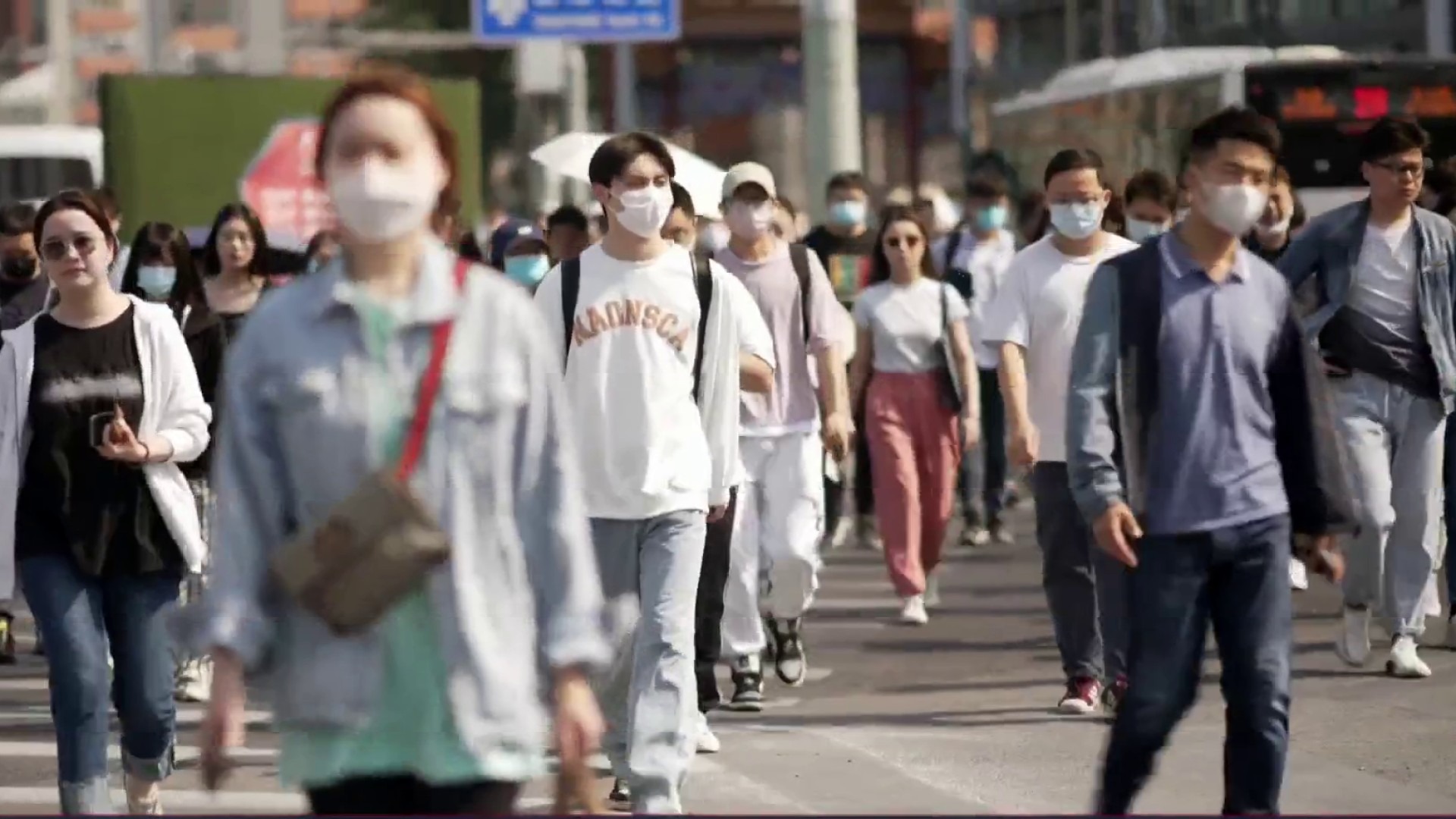The U.S. Embassy in Beijing found itself at the center of an unexpected online discourse as Chinese social media users diverted a post about wild giraffes in Africa to vent their frustrations about the state of the Chinese economy, particularly the struggling stock markets.
Thousands of users on Weibo, a popular Chinese social media platform, swarmed the embassy’s post over the weekend, expressing their anger and concerns about the Chinese economy as domestic stock markets hit five-year lows.
Comments on the embassy’s post ranged from economic hardships to job loss and debt. One user’s plea, “Who can save me? I went jobless for a long time and now I am in debt,” garnered significant attention, with over 751,000 likes and 171,000 comments by Tuesday.

Giraffes Becoming Outlet for Despair (Credits: NBC News)
China, the world’s second-largest economy, faced economic challenges in 2023, including a real estate downturn, high youth unemployment, and a declining population, despite the official data reporting a 5.2% growth rate for the previous year.
The economic woes extended into the new year, with Chinese stock markets experiencing some of their worst weeks in years. Last week, both the Shanghai Composite Index and the CSI 300 Index, comprising 300 blue-chip stocks, hit their lowest points since 2019.
In response, Chinese stocks recorded their largest one-day gain in two years on Tuesday, with analysts speculating state-backed investors’ involvement.
Reports in late January indicated that China planned to take more “forceful” measures to stabilize the economy and boost market confidence, following a cabinet meeting led by Premier Li Qiang.
The China Securities Regulatory Commission also pledged to prevent “abnormal fluctuations” and address market manipulation and “malicious short selling” after the recent sell-off.
Social media users described the U.S. Embassy’s Weibo account as a “Wailing Wall” for expressing Chinese citizens’ economic concerns, drawing a parallel with the site in Jerusalem associated with Jewish pilgrimage and prayer.
Foreign social media accounts, like the U.S. Embassy’s, offer more expressive freedom compared to those linked to domestic regulators and government agencies, which often have restricted or disabled comment sections.
While the U.S. Embassy in Beijing declined to comment, it appears that some of the harshest comments were removed by online censors by Monday.
The Chinese Ministry of State Security had previously warned against promoting “false narratives” detrimental to the Chinese economy in December. Despite online expressions of economic concerns, Chinese state media maintained an optimistic narrative, as seen in headlines like “The entire country is filled with optimism.”
In a tongue-in-cheek response, one Weibo user mocked the optimistic headline, stating, “The entire giraffe community is filled with optimism,” as they shared the U.S. Embassy’s post.
The unexpected redirection of the online conversation highlights the sensitivity surrounding economic issues and the limited avenues for public expression in China.























